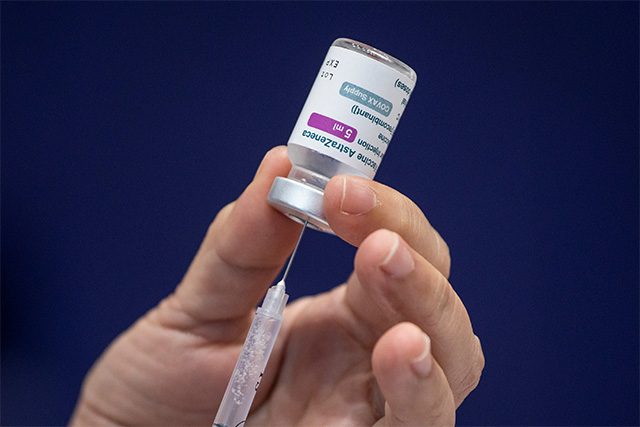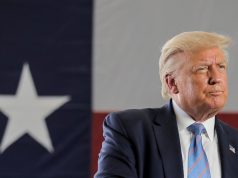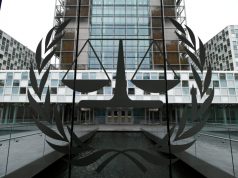
The World Health Organization is calling for a halt on COVID-19 vaccine boosters until at least the end of September, its head Tedros Adhanom Ghebreyesus said on Wednesday, as the gap between vaccinations in wealthy and poor countries widens.
The call for a moratorium is the strongest statement yet from the UN agency at a time when countries deliberate the need for boosters to combat the fast-spreading Delta variant of the coronavirus.
“I understand the concern of all governments to protect their people from the Delta variant. But we cannot accept countries that have already used most of the global supply of vaccines using even more of it,” Tedros added.
High-income countries administered around 50 doses for every 100 people in May, and that number has since doubled, according to WHO. Low-income countries have only been able to administer 1.5 doses for every 100 people, due to lack of supply.
“We need an urgent reversal from the majority of vaccines going to high-income countries to the majority going to low-income countries,” Tedros said.
To counter the spread of the Delta variant, some countries have begun to use or started weighing on the need for booster doses even as scientists debate over whether or not extra shots are needed.
“The fact that we are vaccinating healthy adults with a booster dose of COVID-19 vaccines is a short-sighted way of thinking,” said Elin Hoffmann Dahl, infectious diseases medical adviser to Medecins Sans Frontieres’ access campaign.
“With the emergence of new variants, if we continue to leave the majority of the world unvaccinated, we will most definitely need adjusted vaccines in the future,” Dahl told Reuters.
Last week, Israeli President Isaac Herzog received a third shot of coronavirus vaccine, kicking off a campaign to give booster doses to people aged over 60 in the country.
The United States in July signed a deal with Pfizer Inc and German partner BioNTech to buy 200 million additional doses of their COVID-19 vaccine to help with pediatric vaccination as well as possible booster shots.
U.S. health regulators were still assessing the need for a booster dose.
— Reporting by Manas Mishra and Dania Nadeem in Bengaluru; Editing by Shounak Dasgupta and Shinjini Ganguli









